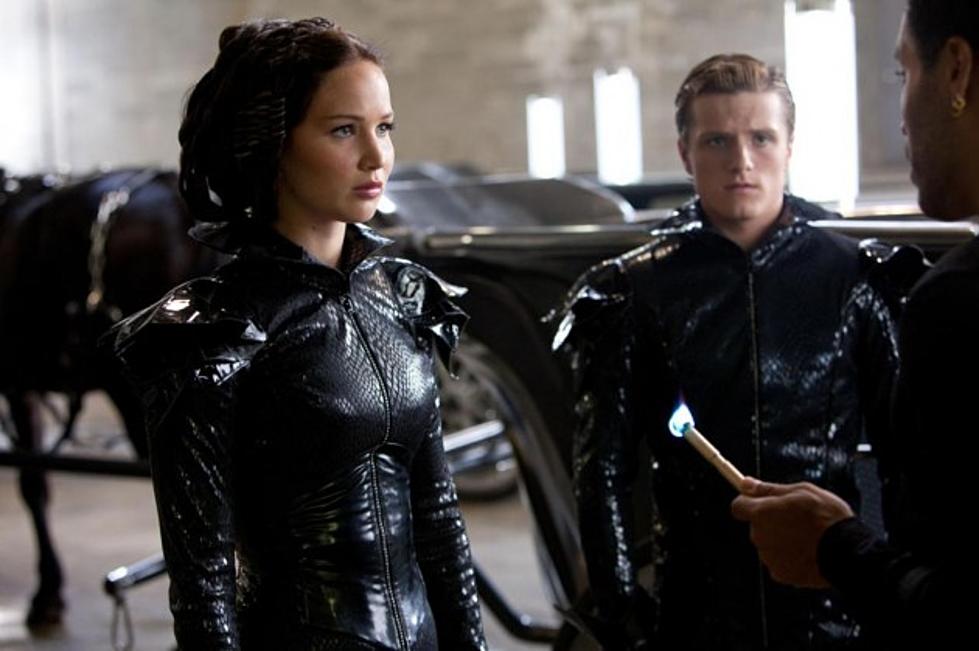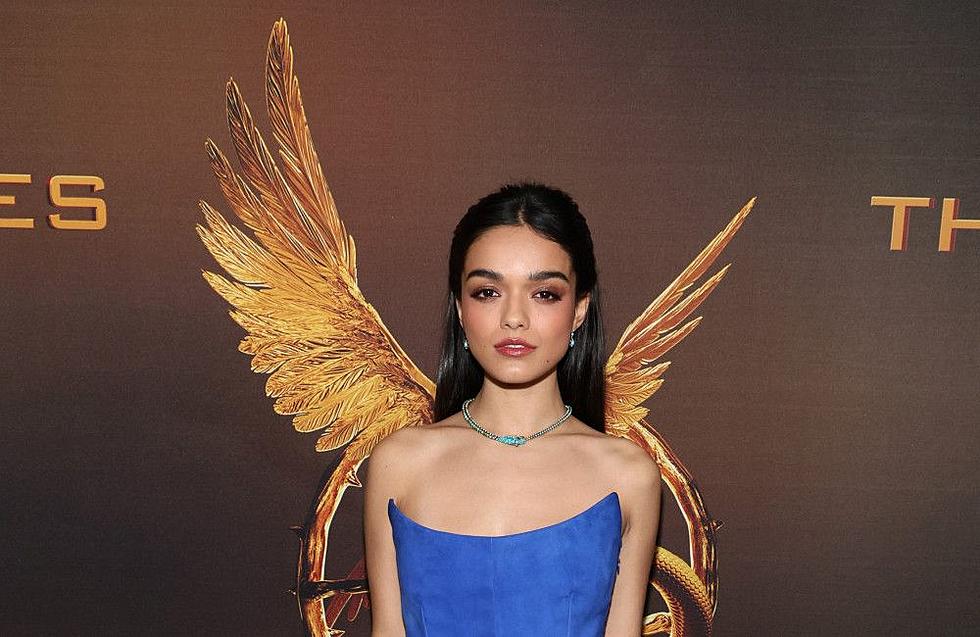
Reel Women: The Hunger Games and Romantic Manipulation
'The Hunger Games' opened this weekend and raked in some serious cash at the box office. Critical response was mostly positive, but it seems that many critics and fans are overlooking something amid all the Team Peeta and Team Gale posturing.
It's something that other critics and fans have pointed out elsewhere, but it bears repeating: There is no need for Team Peeta or Team Gale -- it should be, and is, Team Katniss all the way, and the inclusion of the romantic subplot is merely a meta-style commentary on the way young adult fiction panders to and manipulates its audience.
Katniss Everdeen (Jennifer Lawrence) is a strong female character; made so by her relatability as a young woman who must care and provide for her family. This need has forced Katniss to grow thick, easily adaptable skin and learn valuable survival skills, such as illegally hunting for game that she can trade on the black market or use to feed herself and her mother and sister. She doesn't need a man and her existence is not justified or defined by the men around her, unlike 'Twilight''s Bella Swan, whose existence is that of a shiny object that reflects the needs and projected desires of Jacob and Edward. The one saving grace of Bella is that she inevitably does choose her own mate, but she's something of a ragdoll -- floppy and weak, choosing to be carried by men rather than defend herself.
Katniss can take care of herself, and so any romantic prospects are ancillary and can be enjoyed. Where Bella's romantic relationship is the essence of her being and the driving force of the entire plot of 'Twilight,' Katniss' romantic feelings are secondary to her primary objective of survival. She puts herself and her family above all else, which is why she's agreeable to pretending she is in love with Peeta to appeal to the masses.
Those that enjoyed or disliked the Katniss-Peeta romance are missing the point entirely. When Peeta is interviewed by Caesar and is coached to tell the audience he's in love with Katniss, he's undoubtedly telling the truth. Katniss goes along with it in the interest of saving her own hide, and eventually appears to reciprocate Peeta's feelings -- on the surface. It's inarguable that she does legitimately grow to care for Peeta, but something is more painfully obvious: she doesn't actually love him.
In the end, when the two of them are united together, something in Katniss' eyes and her mannerisms betrays the truth; in their life or death situation, it made sense to cling to Peeta, thinking either of them would die, and both of them craving human connection. However, the relationship is clearly a public relations orchestration, and is further coaxed by those who control the game to encourage audience empathy and create a more compelling game.
In this way the film creates subtext that meditates on the notion of romance in young adult fiction. Two characters come together because they must; you need a relationship to which young, idealistic readers can cling. The more implausible and tragic, the better. That relationship panders to the limited, inexperienced readership's view of love; it's also a form of manipulation that fosters -- as in the case of 'Twilight' -- a dangerous, shortsighted idealism and misunderstanding of relationships.
It panders to the unrealistic expectations people -- young women in particular -- are taught to place on their significant others -- a manipulation that continues as women come of age and start reading women's magazines like 'Cosmopolitan,' which is filled with articles and quizzes that cultivate and indulge a culture of insecure neurotics who overanalyze every insignificant phrase and occurrence in their relationships. These magazines don't just manipulate -- they teach women to be manipulative and forsake themselves for the sake of keeping a man around.
'The Hunger Games' provides young readers with a more rational notion of taking care of yourself and putting your needs and wants first. Being with someone because you need them is unhealthy and co-dependent; you should be with someone because you want to be with them. Bella feels as though she'd die without Edward -- this is weakness, and not the kind to which a reader should be relating. Katniss engages with Peeta and Gale because she wants to and because she can.
Ultimately the relationship between Katniss and Peeta is one that serves to manipulate the spectators into empathizing with the pair, but it also speaks to the way young adult fiction manipulates its pliable audience. Just like in the film, this form of manipulation leads to a relationship that is undeniably hollow. Those who have focused on Katniss and Peeta's involvement with one another have unfortunately been just as manipulated as the spectators; is this a testament to the clever script, or proof of the effectiveness of YA fiction, that is somehow capable of making adults who should know better devolve into choosing to be on the team of one male or another, entirely dismissing the strong female at the center who has no need for either?
More From ScreenCrush









